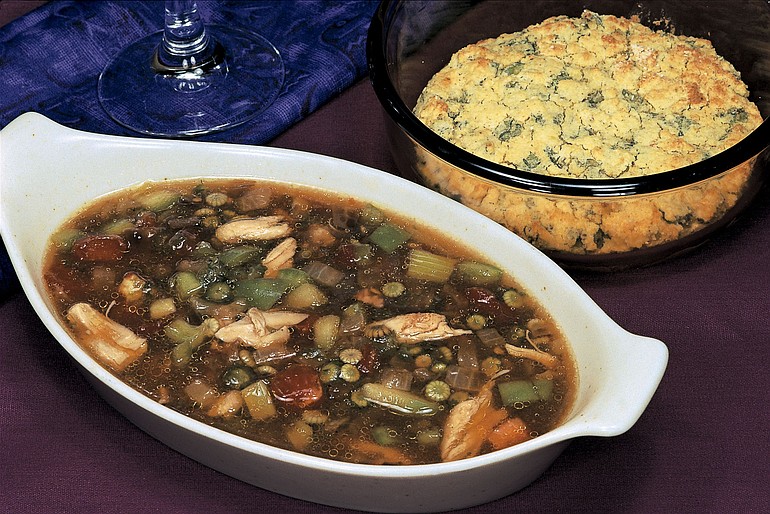o What: Second Sunday Series: Traditional Foods
o When: Noon to 4 p.m., Sunday. John Kallas of Wild Food Adventures will speak at noon; sturgeon and other traditional food will be available for sampling at 1:30 p.m.; Kallas will lead a nature walk at 2:30 p.m.
o Where: Cathlapotle Plankhouse on the Ridgefield National Wildlife Refuge, 28908 N.W. Main Ave., Ridgefield.
o Cost: Parking costs $3 per vehicle.
o Information: 360-887-4106 or http://www.plankhouse.org.
John Kallas, who will speak in Ridgefield on Sunday about wild foods, gives out recipes reluctantly.
Kallas, director of Wild Food Adventures in Portland, wants people to forage for new foods and explore ways of preparing them, not lean on recipes.



